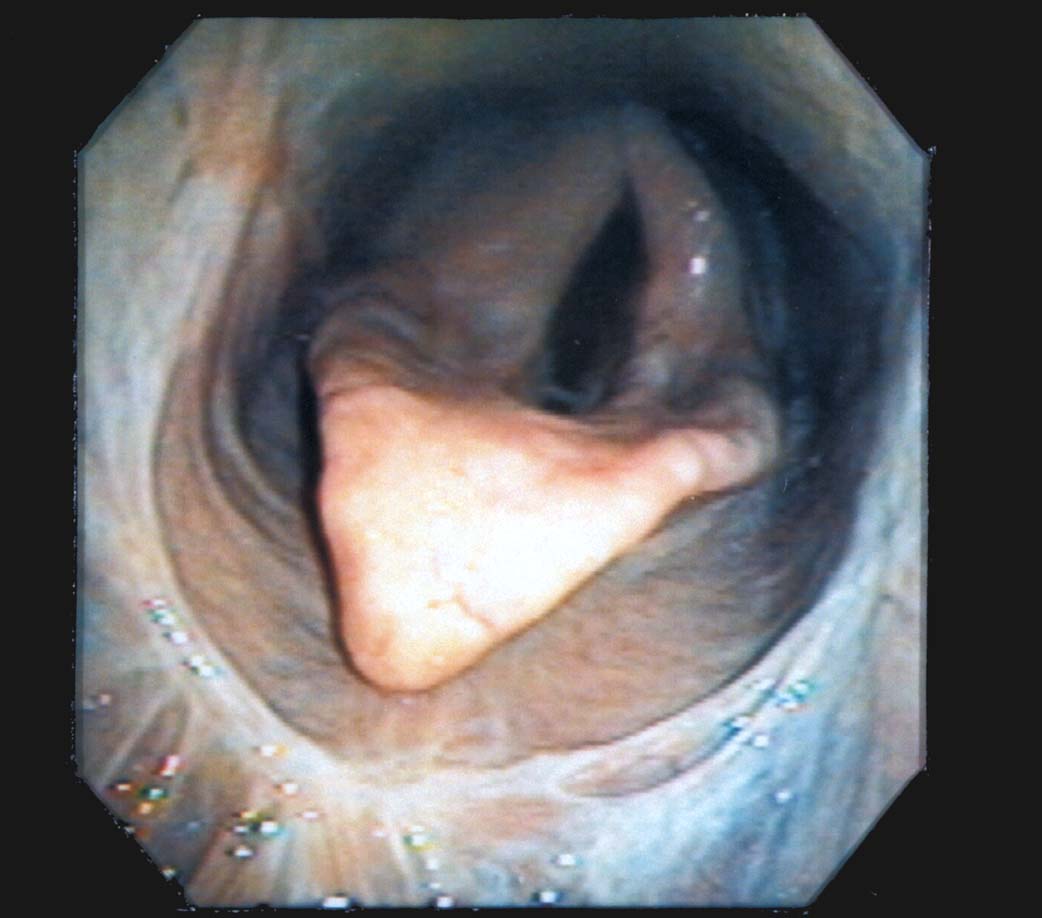Nasopharyngeal Cicatrix Syndrome (NCS) refers to a condition in which the pharynx becomes inflamed and irritated due to a factor that has not yet been identified. Over time, the inflammation can lead to scarring that narrows and constricts the airway to a degree that sometimes requires a permanent tracheostomy to allow the horse to breathe. NCS has been reported in Texas and the panhandle of Florida, but not in more northerly regions until now. We have found this condition in several horses and on several farms in Aiken. Risk factors include age and exposure to pasture. These risk factors suggest that NCS may be caused by long-term exposure to an environmental irritant or infectious agent such as fungus, mold spores, plant pollen, insects, algae toxin, or bacteria, all of which are naturally found in pastures. The risk that a horse has NCS increased significantly with age. Exclusive housing in a stall is protective against the development of NCS. In addition, the amount of pasture turnout has a dose-related effect, with exclusive pasture turnout positively correlated with increased risk of developing NCS, compared with a mixture of pasture turnout and stall confinement. Horses seem to be the most affected in the summer and fall.
The disease is characterized by coughing, nasal discharge, respiratory noise, exercise intolerance, flared nostrils, and increased heart rate, and an extended head and neck. Horses may have one or more of these symptoms or no apparent symptoms at all. Upper airway endoscopy definitively reveals evidence of inflammation and scarring of structures in the horse’s throat and confirms the diagnosis.
A myriad of treatment options have been attempted with limited success. Antibiotics, anti-inflammatories, throat sprays, corticosteroids, pythium vaccinations, surgical procedures to remove the scarring. None of these therapies have proven to be successful, although many are still used. Removal of the horses from the affected pastures alone has proven to be helpful to stop the exposure to the irritant and reduce the development of the scar formation.
A meeting was held on November 12, 2014 at Performance Equine Vets to make the community aware of this condition, which only exists in Texas, a small area in Florida, and now Aiken.
We are actively trying to assist in the identification of the causative agent that promotes NCS in our horses. We have developed a questionaire to help gather more information.
The following Cicatrix Questionaire can be completed anonymously, if you choose:


